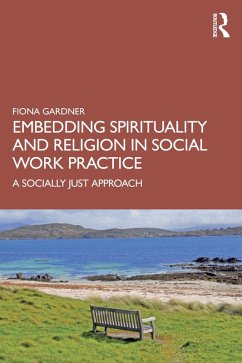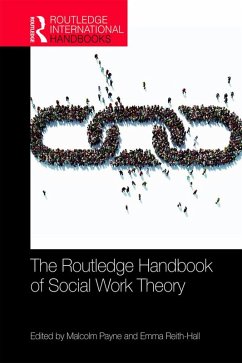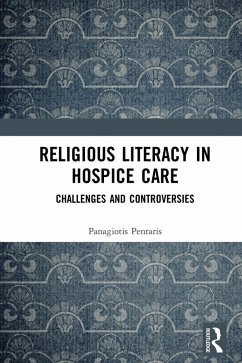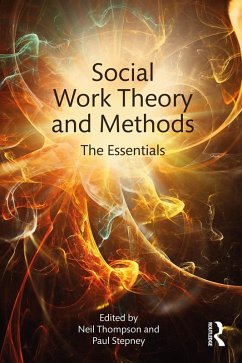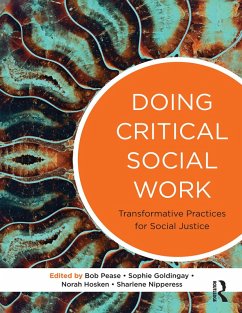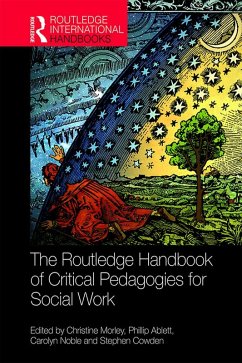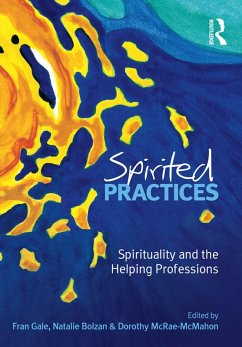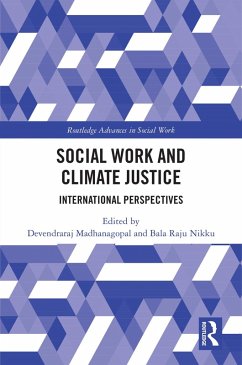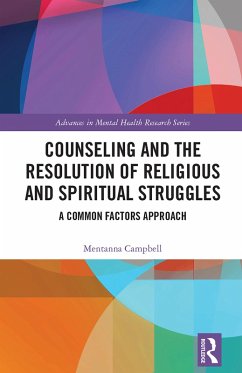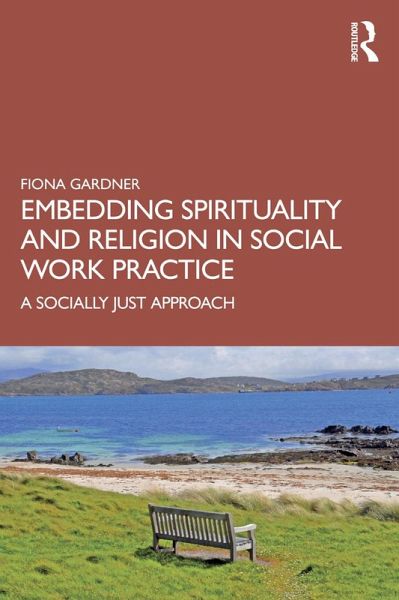
Embedding Spirituality and Religion in Social Work Practice (eBook, ePUB)
A Socially Just Approach
Versandkostenfrei!
Sofort per Download lieferbar
32,95 €
inkl. MwSt.
Weitere Ausgaben:

PAYBACK Punkte
16 °P sammeln!
Blending material from social work with religious and spiritual sources, this book makes explicit that engaging with spirituality in its broadest sense is an essential aspect of socially just social work practice. Gardner connects shared understandings of spiritual/religious traditions, critically reflective social work, First Nations relational world views, green and relational approaches.Through multiple unique case studies, Embedding Spirituality and Religion in Social Work Practice: A Socially Just Approach outlines the theoretical framework of critical spirituality, which is explored as a...
Blending material from social work with religious and spiritual sources, this book makes explicit that engaging with spirituality in its broadest sense is an essential aspect of socially just social work practice. Gardner connects shared understandings of spiritual/religious traditions, critically reflective social work, First Nations relational world views, green and relational approaches.
Through multiple unique case studies, Embedding Spirituality and Religion in Social Work Practice: A Socially Just Approach outlines the theoretical framework of critical spirituality, which is explored as a way of workers' understanding their own and others' sense of meaning, whether it is spiritual and/or religious, and to encourage workers to be mindful, open, humble and energised as workers.
Combining the theoretical and practical, this book outlines strategies and processes to ensure social workers embed spirituality in their practice constructively and inclusively across all areas of practice. This book will be of interest to those engaged in the wider field of social work, from direct service to policy development.
Through multiple unique case studies, Embedding Spirituality and Religion in Social Work Practice: A Socially Just Approach outlines the theoretical framework of critical spirituality, which is explored as a way of workers' understanding their own and others' sense of meaning, whether it is spiritual and/or religious, and to encourage workers to be mindful, open, humble and energised as workers.
Combining the theoretical and practical, this book outlines strategies and processes to ensure social workers embed spirituality in their practice constructively and inclusively across all areas of practice. This book will be of interest to those engaged in the wider field of social work, from direct service to policy development.
Dieser Download kann aus rechtlichen Gründen nur mit Rechnungsadresse in A, B, BG, CY, CZ, D, DK, EW, E, FIN, F, GR, HR, H, IRL, I, LT, L, LR, M, NL, PL, P, R, S, SLO, SK ausgeliefert werden.




